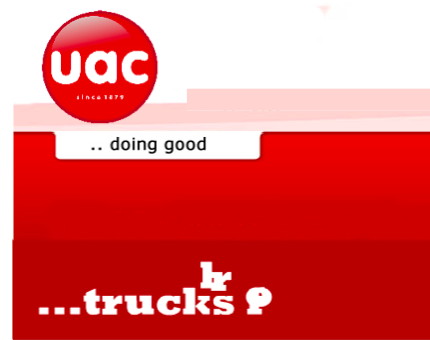Johnny had a brilliant business idea and decided to perform a personal feasibility study. On conclusion, he figured if he invested N5million in the business, he will make his money back in 6 months. That to him was a remarkable investment and decided to execute it.
Many like to base their decision to invest in a business provided they can get their money back. In financial terms, such can be liken to asset turnover or net asset turnover which is an important metric in measuring the viability of a business at a particular reporting period. However, this is not the only important metric of gauging whether a business is worth investing in?
A decision to embark on a business based on getting your money back is surely a myopic way of making an investment decision. A lot of other factors should matter before taking a final decision. For example, what is the payback period? what are the returns on investment? are there competitors, is there a market demand for it? what are the laws and regulations governing the industry? are there tax incentives? what is the barrier to entry and exit? etc.
Every commercial business venture is carried out for the sole purpose of maximizing profit. As such investing just to make your money back is not enough to guarantee profit maximization. By simply investing to getting your money back, you might as well have kept the money under your pillow and still get it back whenever you want.
Even when your money comes back higher than it was when it invested, it does not guarantee that profit was made. For example, if you invest N5million in a business of buying and selling that generates a money back of N6million at the end of the year then it will be wrong to claim that you have actually received your money back.
By engaging in that business, you must have incurred some operational cost such as transportation, phone bills, cost of purchasing the items before selling, taxes, levies, salaries etc. These must all be deducted from the N6million to determine whether you actually make a profit or not. For most people provided they have sold all the goods, then the N6million is as far as they are concerned a good business.
However, in financial terms that may not be the case. For example, assuming the entire N6m is what he gets back after repaying suppliers and all other people involved in the business then his returns on investment is 20%. Whilst this may seem like a pretty good return in most countries it surely is not by Nigerian Standards.
Had he invested the money in a buying Government Bonds or treasury bills last year then he would have made tax free returns of at least 12% or N720,000 without having to worry about marketing goods, worry about getting people to buy his goods and other risk that is associated with making a business viable.
Another crucial factor is the loss of value on investments due to inflation. Inflation erodes value over time therefore N5million invested today is certainly not the same as N5million in the next 12 months. Therefore even that 20% gain and your original investment is threatened by inflation because by the time the money comes back, it may not be able to buy for you what it used to buy.
“Get my money back” mindset also affects the going concern concept every business endeavor should have. Whilst it is important to ensure money invested is paid back at a reasonable time businesses have different payback periods. Some actually warrant that you keep investing until the business breaks even and is able to start generating returns on its own.
It is therefore important to access businesses based on their unique peculiarities. Some businesses are associated with longer asset turnovers (getting your money back) whilst some have shorter ones. For example, businesses that involve buying and selling often have higher asset turnovers. Manufacturing concerns have shorter asset turnovers due to the huge capital layout involved in running the business. IT related businesses that require contact innovation also frequently have shorter asset turnovers as the promoters constantly need to invest in research and turnover to ensure they stay ahead of competition. Service oriented businesses on the other hand do not rely much on asset turnover since a major source of their investment is their skills and technical knowhow.
Most business owners who rely on getting their money back often to do not bother about keeping proper books of account. Because they only target the return of their original investment they do nor realize the importance of keeping proper track of revenue and expenditure. Records are not kept systematically and in a timely manner. Without proper book-keeping business owners will not be able to determine the statement of affairs of its businesses. As a result, it is nearly impossible to accurately know if a business venture is profitable or how profitable it is or what it needs to do to increase profitability. They are also exposed to the risk of best of judgment assessment from the tax office which more often than not lead to higher payment of taxes as the Inland revenue rely on bank statements and estimates.
Johnny off course got his money back but by the time it was back, it was worth less.







